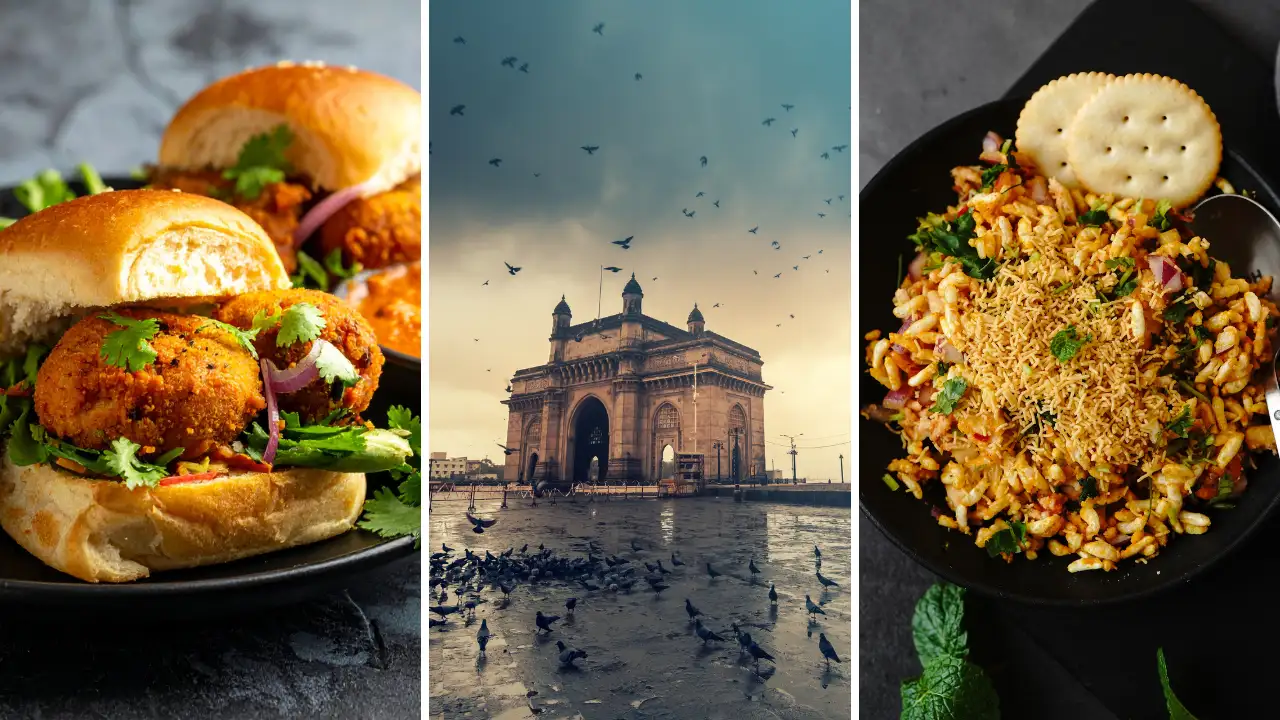Copyright scmp

Vinegar, a common condiment, holds a unique significance in Chinese culture, particularly concerning romantic relationships. In Chinese, the term chi cu, literally translated as “eat vinegar,” refers to jealousy. This phrase is primarily used to describe the feelings of jealousy or unhappiness that arise when someone discovers their partner behaving intimately with another individual. It is said to originate from an anecdote from the Tang dynasty (618-907). Emperor Taizong, aiming to win the heart of his capable minister Fang Xuanling, offered several beautiful young ladies for Fang to choose from as concubines. However, Fang declined the emperor’s generous offer due to his wife’s strong opposition. Feeling humiliated, the emperor presented Fang’s wife with a choice: either drink poison or consent to her husband taking a concubine. In a surprising turn, Fang’s wife resolutely chose the cup of poison and drank it. Fortunately for her, the liquid turned out to be vinegar, not toxic. This was a test by the emperor, who wanted to save face as well. Following this event, “eat vinegar” became a metaphor for jealousy, appearing frequently in literary works, including the classic novel A Dream of Red Mansions. From this term, several related expressions emerged, such as “gaining vinegar feelings” or “her vinegar jar is broken” when a woman sees her husband courting another woman. In an October news report about a man in China seeking media assistance to track down his first love, with the intent of repaying a loan from her two decades ago and expressing gratitude, his wife commented in support of him. “I do not eat vinegar,” the wife told the media, employing the popular phrase for jealousy. On mainland social media, “eat vinegar” often arises in discussions about romantic relationships. A post on a leading social media platform in 2022, discussing the peculiar behaviours of a girlfriend when she “eats vinegar,” received nearly 200,000 likes. “Women, your synonym is sourness, ha,” joked one internet user. In a wedding ritual in central Hubei province, the groom’s mother dresses in an opera costume and wears two small vinegar jars hanging from her neck. This humorous gesture symbolises that her son will henceforth love another woman. Vinegar also plays other roles in Chinese culture, such as sprinkling it on a boiling hot stone during nuptials in Shaanxi province, northwestern China, to ward off evil spirits and bring well wishes for the newlyweds. In China, vinegar is predominantly produced and consumed in Shanxi province, also in the northwestern region, where residents can eat as much as 9kg of vinegar per year.



